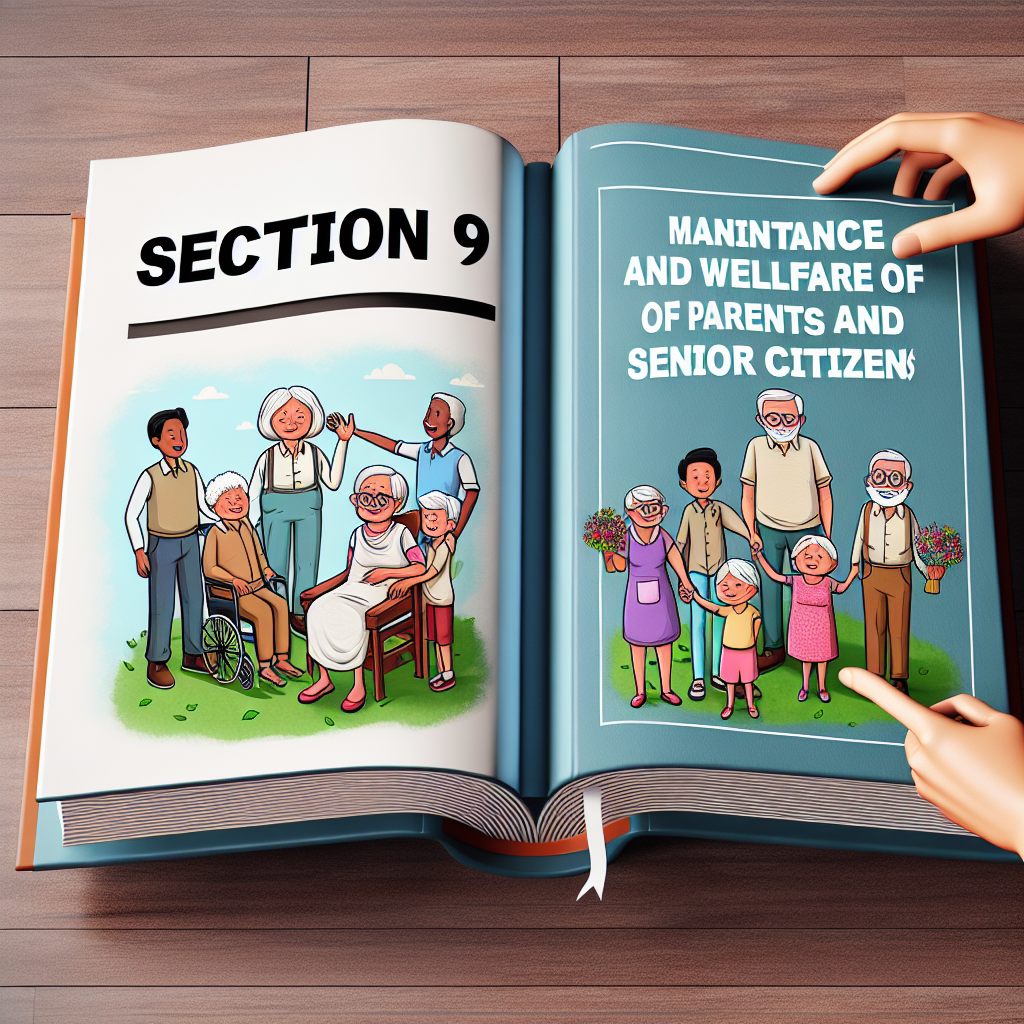Unveiling Origins: The Importance of Sharing Donor-Conceived Stories
A survey reveals that most donor-conceived children's parents disclose the nature of their conception, with higher rates among same-sex and single parents. Knowledge of biological heritage enhances identity and wellbeing. Gaps in support persist, indicating the need for improved parental counseling post-donation.

- Country:
- New Zealand
A new survey from New Zealand points to the importance of transparency in families with donor-conceived children. Among the 86% of parents who disclose this information, same-sex and single parents are leading the charge in openness.
The survey, which included families that had used donated sperm, eggs, or embryos, highlighted that knowledge of biological heritage strengthens a child's identity and overall wellbeing. Of the 1,300 donor-conceived children aged six to 18, a third participated in the survey, revealing that half of the participating parents were heterosexual couples, with most choosing to disclose.
While a majority are transparent, gaps in available support for disclosure and making contact with donors exist, particularly among those using clinic donors. The results emphasize the need for ongoing support for parents, encouraging fertility clinics to offer follow-up services to help parents navigate these discussions as their children grow.
(With inputs from agencies.)










